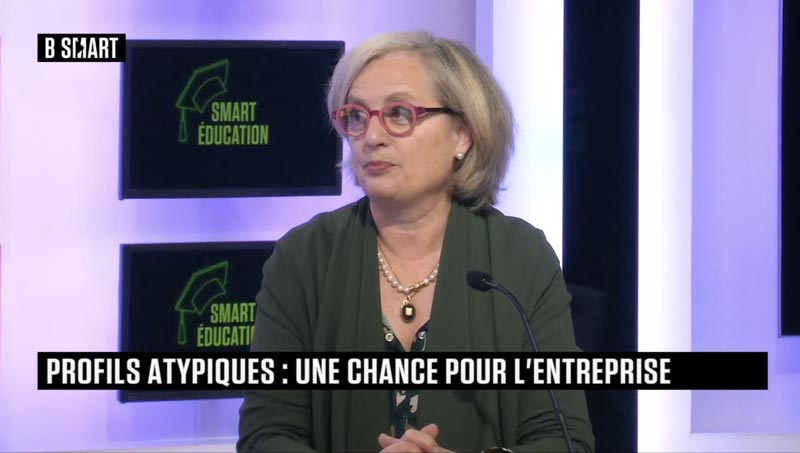Je vous recommande l’article de JOI ITO, director of the MIT Media Lab: – https://lnkd.in/eTKsgsd dont j’ai extrait ci-après quelques morceaux choisis. Si vous regardez son profil Linkedin, vous vous apercevrez qu’il a commencé plusieurs formations au japon sans toujours les finir, qu’il a un poste clé au MIT où il intervient également comme » Professor of the Practice in Media Arts and Sciences », qu’il est aussi « Visiting Professor of Law from Practice » à Harvard Law School, et qu’il est docteur en philosophie seulement depuis 2018…
Personnalité haute en couleur, il sort des sentiers battus; ce ne sont pas études qui lui ont permis d’accéder aux postes prestigieux qu’il occupe aujourd’hui. Il dit d’ailleurs dans son article que le système éducatif classique ne lui convenait pas du tout. Certains neuroatypiques se reconnaîtront …
« STRUCTURED LEARNING DIDN’T serve me particularly well. I was kicked out of kindergarten for running away too many times, and I have the dubious distinction of having dropped out of two undergraduate programs and a doctoral business and administration program. I haven’t been tested, but have come to think of myself as “neuroatypical” in some way. “Neurotypical” is a term used by the autism community to describe what society refers to as “normal.”
(…). If you add ADHD—attention deficit hyperactivity disorder—and dyslexia, roughly one out of four people are not “neurotypicals.” »
(…) Temple Grandin, the animal welfare advocate contends that Albert Einstein, Wolfgang Mozart, and Nikola Tesla would have been diagnosed on the « autistic spectrum » if they were alive today. »
(…) « I’m not sure how I’d be diagnosed, but I was completely incapable of being traditionally educated. I love to learn, but I go about it almost exclusively through conversations and while working on projects.
(…) People who are wired differently should be able to think of themselves as the rule, not as an exception.
By Joichi ITO, director of the MIT Media Lab





Laisser un commentaire